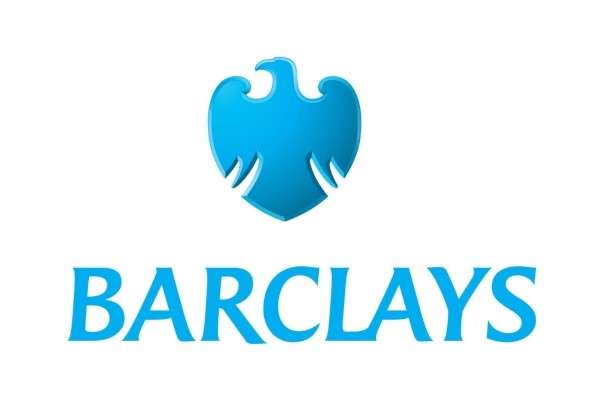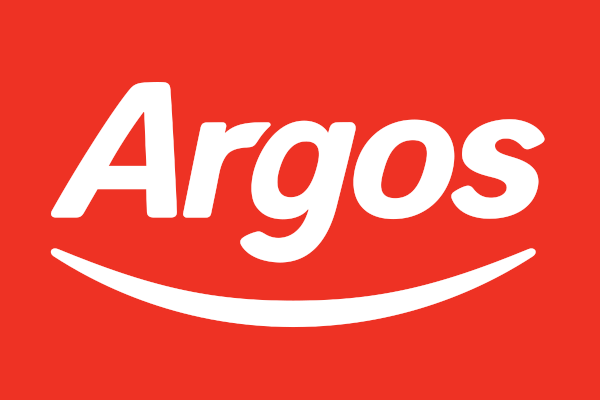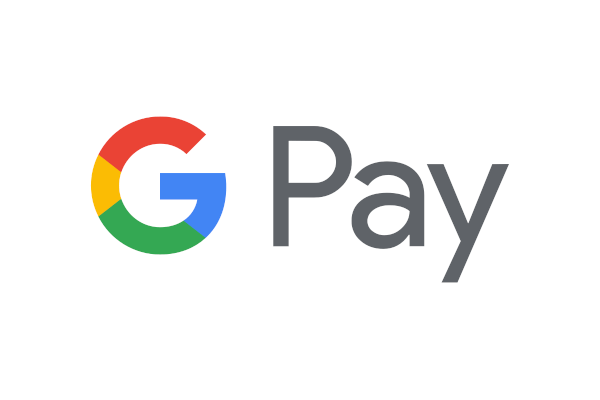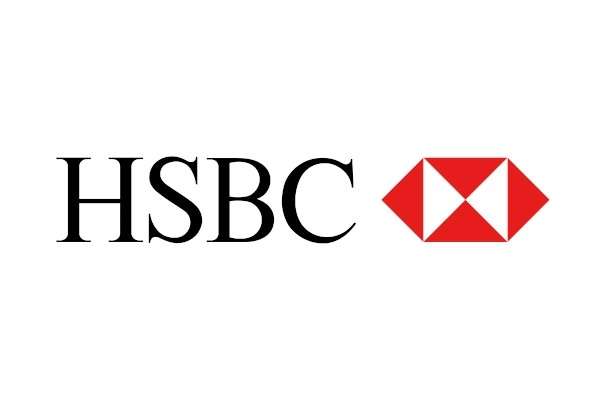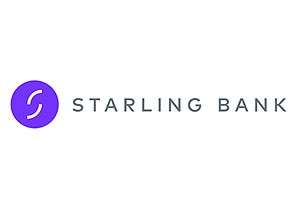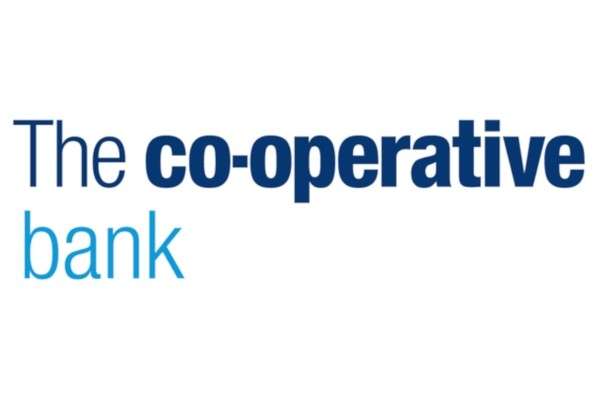
Protection By Credit Cards
Credit Card Refund Rules: Section 75 Claims.
What is Section 75 of the Consumer Credit Act?
Section 75 laws are there to protect you and your purchases. Items bought for over £100 using a credit card are protected by Section 75 of the Consumer Credit Act 1974. For all purchases over this £100 limit, the most important rule is that you have the right to a refund.
Search for a Company to begin a Claim
The government brought this consumer protection law into place 1970s. It covers faulty goods and inadequate services, among other things. You can also claim if the product never arrived or the service never took place. It sets out the credit card refund rules that we have today.
The law makes credit card companies liable to refund you. They are ‘jointly liable’ with the retailer to ensure that you receive your refund. This means that when need one, you can complain directly to them.
Because all credit and loans companies are authorised and regulated by the Financial Conduct Authority (FCA), they should give you a refund with ease. Sometimes, they might attempt to shift the blame onto the shop you bought from, but this is not right, and you can claim through them, too.
Your rights to do this are the same as if you went to the retailer to get a refund. If the item you bought was late, faulty, not as described or not up to scratch, then you can claim through the credit supplier. The rights you have with them are exactly the same as with the seller, and this is regulated by the Financial Ombudsman Service (FOS).
These rules only apply if you bought an item which was between £100 and £30,000. The rules won’t always apply if you buy two items worth £90 and £15, coming to £115 in total, as no single item was worth over £100. This can count as two separate payments and won’t always have Section 75 protection. However, it can always make sense to follow this up with your card provider or a claims management team to check if you can still claim the money back.
Also, if there is one item worth £100, you can pay for almost all of it on a debit card, and as little as 1p with a credit card to receive Section 75 protection. Section 75 protects all goods which have been bought using credit, and the credit company will always need to refund the full amount. If they refuse to,
it’s wise to follow it up anyway as there can often be a case for a refund through courts or claims management.
Read on below to see more about other constraints on consumer credit card refund rules and Section 75.
PayPal Credit and Section 75 Credit Card Refund Rules
You must be careful when using PayPal online if you want to keep your Section 75 rights. If you use PayPal to pay with your regular credit card, you are not protected. This is the same for any other third-party payment scheme, such as Google Pay.
However, in 2016 PayPal introduced a new service called PayPal Credit. Because this is in effect a credit card, just without the physical card, you will be covered using PayPal Credit by Section 75. In this instance, PayPal takes on the role of a credit card company as opposed to a third-party in the agreement.
This is because there is a thing called the “debtor-creditor-supplier agreement.” This agreement is the core of Section 75, and without it, it won’t apply.
The consumer is the ‘debtor,’ the credit company is the ‘creditor’ and the company you are buying from is the ‘supplier.’
It means that there must be a direct relationship between the consumer, the credit company and the goods or service supplier. Using another company to pay with breaks this agreement, so Section 75 won’t apply. This is why Google Pay or PayPal don’t work with Section 75.
Section 75 for In-Store Credit and Buying on Finance
Section 75 only covers purchases made if the credit provider and the retailer were different companies. This is again due to the debtor-creditor-supplier agreement. Because the creditor and supplier are the same company, there is no relationship between them.
All of this means that if you bought a product using in-store credit then you won’t be covered by Section 75. This includes finance schemes or pay-later store cards, as well as hire-purchases.
Does section 75 apply to debit cards or credit card purchases under £100?
If the goods you buy in part with a credit card are worth between £100 and £30,000 you are covered by Section 75 of the Consumer Credit Act. This means, that you can pay £99.99 on a debit card or with cash, and just 1p on a credit card, and be covered for the full amount by Section 75.
If you don’t use a credit card at all, then you will not be covered by Section 75 refunds. However, there are other ways to get your money back. If you can get a refund from the store for faulty goods, you can go about it in the usual way with the shop’s internal policy.
If you paid by a debit card, there is a no legal requirement for a card company to give you a refund. This is because the money was paid straight from your account and to the retailer, meaning that the card company had no part in the transaction itself.
Most good debit card providers will offer chargeback on services, and some credit card providers also provide chargeback. Chargeback is also available through most banks and building societies. Chargeback is similar to Section 75 but is not a legal requirement. It allows you to claim back any payments you made which were for faulty or un-delivered goods and services.
Time and Cost Limits on Section 75 and Chargeback
There are no minimum claim limits on Visa or American Express cards, but MasterCard has a £10 limit for claims. Anything under £10 and you won’t be able to use chargeback. If you think there is a risk in things you buy, and you buy lots of items under £10 by card, then you might be wise getting a Visa or American Express card too.
There are time limits on chargeback, too. MasterCard and Visa rules say you need to start your claim within 120 days of the transaction going wrong. Visa offers a different 180-day time limit for overseas purchases. American Express rules give three months since the purchase.
A bank can refuse Chargeback if it wants to and if it believes that your claim is wrong or fraudulent. However, this can sometimes mean that people with legitimate chargeback claims need to speak to a claims management company who can help you get the money you might be owed.
Similarly, charge cards, which are otherwise very similar to credit cards, are not protected by Section 75, either.
What are the Time Limits on Section 75 Claims?
Just like Chargeback schemes, Section 75 has time limits on when you can start a claim. This time limit isn’t outlined in the law, so in some ways, there is no time limit. However, you can only force a company to pay out via the courts for up to six years after the transaction (five years in Scotland). After this date it will be more difficult to claim a Section 75 refund, but far from impossible. If this time is approaching or has passed, it can be wise to contact a claims management company who will help you get back funds you might be owed.
There are no other financial limits on Section 75 other than the £100 rule. This credit card refund rule makes it clear that this law covers purchases between £100 and £30,000 only. If you bought something worth more than £30,000 (such as a car), then you can make use of the Consumer Credit Directive, which has an upper limit of £60,260. If you need help making a claim with either law, then you can do so with a credit claims management team, who will work to make sure you get the money you deserve.
What to do if you’re Section 75 Claim is rejected
There are many common claims that people will take to their credit card provider. For many people, goods which are from overseas can sometimes not arrive, flights might be cancelled, or the airline went bust, or an electronic item might not work correctly. All of these are examples where, usually, you should be able to make a Section 75 claim against your card provider – as long as it follows the other rules necessary.
Sometimes, consumers can have their Section 75 claim rejected. While sometimes this can be because the consumer doesn’t have a real claim, there are often times when the credit company isn’t following the rules correctly. When a refund request is made under Section 75 of the Consumer Credit Act 1974, it can be a long and confusing process.
There are specific details and pieces of information which can be required to get your claim through, especially if the credit provider is difficult to deal with. This can include past receipts, bank account details, credit card bills, evidence of the product or service being faulty or anything else they require.
Top Complaints:
Quick Complaint Form
All companies in this category



